Introduction
The co-operation programme for regional development and planning describes the political priorities and objectives for the 2025–2030 period. The co-operation programme takes its starting point from the Nordic Council of Ministers’ mission to work towards realising the vision for a Nordic Region which is the most sustainable and integrated region in the world by the year 2030. All of the Councils of Ministers work to attain this vision by pursuing the three strategic priorities that have been established.
In the period between now and 2030, Nordic co-operation within regional development and planning will focus on promoting a green transition which will generate development and opportunities for people and businesses in all parts of the Nordic Region. At the same time, the regional sector will place focus on boosting the competitiveness and resilience of the Nordic regions, and on promoting border-region co-operation. Finally, the regional sector will also place focus on its work to promote secure and positive living conditions across the Nordic Region, both in times of peace and times of crisis.
It is anticipated that a considerable part of the implementation of the co-operation programme for regional development and planning shall take the form of support for common Nordic initiatives and projects (both within the regional sector and in cross-sectorial forms with other sectors) and via knowledge development and the exchange of experiences between relevant Nordic actors.
The Nordic Council, civil society and other relevant actors have been involved in the drafting of the co-operation programme. The Nordic Council has provided input on the goals and objectives of the co-operation programme and dialogue has been conducted with the Nordic Council’s Committee for Growth and Development, most recently in connection with the Nordic Council’s thematic session in April 2024. In addition, NORA, the Nordic Cross-border Co-operation Committees, Nordregio and other Nordic actors have had the opportunity to comment on the draft for the co-operation programme.
The co-operation programme is the governing document for all activity under the Council of Ministers for Sustainable Growth (Regional). The co-operation programme was approved by the Council of Ministers for Sustainable Growth (Regional) on 18 June 2024 in Karlstad, Sweden, and is valid until 31 December 2030.
Nordic added value is a central criterion when it comes to assessing the relevance and efficiency of Nordic co-operation. Nordic added value is defined as the value generated beyond the value attained by initiatives at the national level. For example, Nordic added value can be said to arise from initiatives that generate Nordic co-operation and contacts, reduce obstacles and fragmentation, bring together Nordic resources and competencies, leverage hitherto unused potential and/or create synergies. The idea is that Nordic co-operation within regional development and planning should generate clear added value for the Nordic countries at the national, regional and local levels.
The co-operation programme shall be implemented in conformity with the Nordic Council of Ministers’ policy for the integration of sustainable development, for equality, and for a children’s rights and youth perspective in the Nordic Council of Ministers.

All activities in the Nordic Council of Ministers will contribute to fulfilling our vision that the Nordic Region will be the world's most sustainable and integrated region in 2030. The co-operation programme describes how the sector will work with the three strategic priority areas.